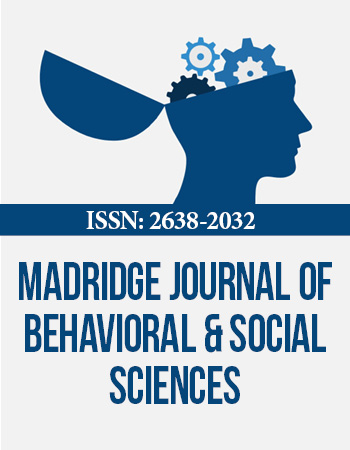International Conference on Alzheimerʼs Disease & Associated Disorders
May 7-9, 2018 Rome, Italy
Dyskinesias-Reduced-Self-Awareness in Patients with Parkinsonʼs Disease. A Neurocognitive Approach
1Department of Psychology - University of Turin, Italy
2Faculty of Communication Science - Università della Svizzera Italiana, Switzerland
3Neuroradiology Unit - AOU “Città della Salute e della Scienza di Torino”, Italy
4Department of Neuroscience - University of Turin, Italy
Parkinsonʼs disease (PD) patients may be partially or even completely unaware of the presence of involuntary movements in terms of dyskinesias-reduced-self-awareness (DRSA). As the association with executive dysfunction is a matter of debate and we hypothesize it plays an important role in DRSA, we previously analyzed the role of dopaminergic treatment on the medial-prefrontalv-entral-striatal circuitry using a neurocognitive approach. Indeed, we have given special attention to metacognitive abilities related to action-monitoring and other factors, such as “Theory of Mind”, that represent a novel explanation of the phenomenon.
Importantly, response-inhibition dysfunction is often observed in PD. Besides being involved in response-inhibition, the anterior cingulate cortex (ACC) is part of a functional system based on self-awareness and engaged across cognitive, affective and behavioral contexts. In a new study, we used an event-related fMRI to verify the association between response-inhibition disabilities and DRSA. The presence of DRSA was assessed using the DyskinesiasSubtracted-Index (DS-I). Cingulate functionality was evaluated with fMRI, while patients performed an ACC-sensitive GO-NoGO task. Association between blood oxygenation level dependent response over the whole-brain during the response-inhibition task and DS-I scores was investigated.
The presence of DRSA result associated with a reduced functional recruitment in the bilateral ACC, bilateral anterior insular cortex and right dorsolateral prefrontal cortex (p <0.05). Moreover, DS-I scores significantly correlated with percent errors on the NoGO condition (r = .491, p = .009).
These findings add evidence to the relevant role of executive dysfunctions in DRSA pathogenesis, with a key role played by ACC.
Biography:
Sara Palermo is MSc in Clinical Psychology and PhD in Experimental Neuroscience. She is Postdoc Research Fellow at the University of Turin, while she is ordinary member of the Italian Society of Neuropsychology and of the Italian Association of Psychogeriatrics. Importantly, she is a research member of the European Innovation Partnership on Active and Healthy Aging, for which she is involved in the Action Group A3 “Functional decline and frailty”.
Sara Palermo is part of the Editorial Panel of “EC Psychology and Psychiatry” (ECPP), an internationally peer reviewed journal aimed to publish topics related to psychology and medicine.


